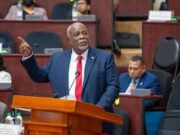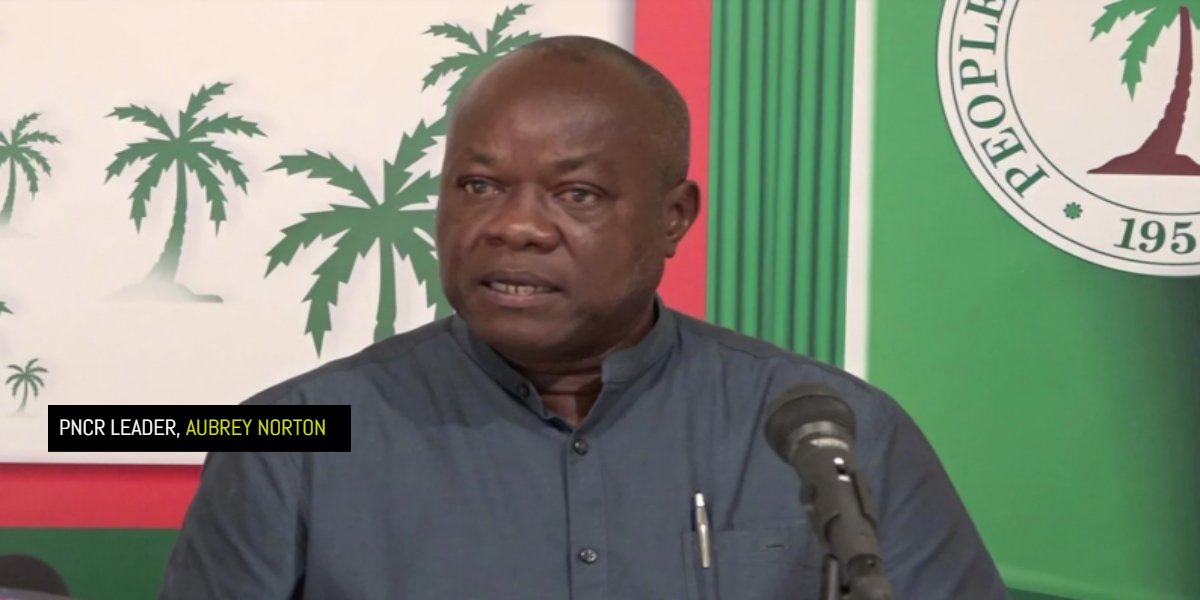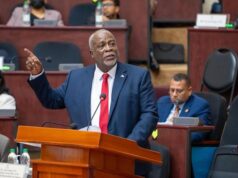By: Sueann Wickham
Recently, a coalition of prominent voices in Guyana, including Red Thread Guyana, the Indigenous Delegation against Domestic and Sexual Violence, and individual advocates has contributed to the public discourse on the proposed amendments to the Sexual Offences Act (2024). Their collective response underscores a number of concerns regarding the draft legislation, aiming to foster broader dialogue and participation in shaping laws that address sexual violence.
The Bill aims to update and strengthen the 2010 law by introducing several significant modifications designed to enhance legal protections and streamline judicial processes for sexual offences.
The letter by the group which also includes Danuta Radzik, women and child rights advocate; Vanda Radzik, longtime social activist and cultural organizer; and Vidyaratha Kissoon, a human rights activist, addresses several key amendments proposed in the draft bill, starting with Amendment 41A. This amendment grants the Director of Public Prosecutions (DPP) the authority to remit cases for summary trial in Magistrate’s Courts. While acknowledging the potential for expediting legal proceedings, the group expressed concerns over the broad discretion afforded to the DPP and urged clearer delineation of which offences qualify for summary trial, particularly minor sexual offences.
Amendment 43A, which pertains to the admissibility of written statements as evidence, received cautious approval from the activists. They recognized the practical benefits in cases where witnesses are unavailable but stress the need for stringent safeguards to protect the integrity and confidentiality of such evidence.
Another pivotal amendment highlighted in the letter is Section 56, mandating the use of video-recorded statements for child witnesses in sexual offence cases. This provision was welcomed by stakeholders for its potential to reduce the trauma experienced by young witnesses and ensure their testimonies are accurately preserved. However, concerns were raised regarding the security and storage of these recordings, and they emphasized the necessity for robust protocols to prevent unauthorized access and misuse.
The letter also vehemently opposed Amendment 72A, which revisits the criterion for the admissibility of recent complaints in court. The activists argued that reverting to outdated standards could undermine survivors’ rights and deter reporting of sexual offences. They emphasized the psychological and logistical barriers faced by survivors, particularly in remote or marginalized communities, urging legislative measures that uphold survivor autonomy and access to justice.
Institutional Responsibilities
Section 86A, imposing a duty on officers to report offences against children and vulnerable adults, garnered cautious support from stakeholders. While acknowledging the importance of mandatory reporting in safeguarding vulnerable populations, concerns were voiced regarding the clarity of who constitutes an “officer” under the legislation. The stakeholders advocated for precise definitions that encompass a wide range of professionals entrusted with the care and protection of at-risk individuals.
The letter concluded by calling for robust public engagement in the legislative process, emphasizing the need for transparent consultations that incorporate diverse perspectives. It urged policymakers to consider the nuanced recommendations put forth by civil society organizations and community advocates, ensuring that the final amendments reflect a balanced approach to addressing sexual violence while upholding human rights and judicial integrity.
As Guyana navigates the complexities of amending its Sexual Offences Act, the voices of local activists and organizations serve as a critical compass for legislative reform. Their insights and recommendations underscore a collective commitment to enhancing legal protections, safeguarding vulnerable populations, and fostering a justice system that is responsive to the needs of survivors.













